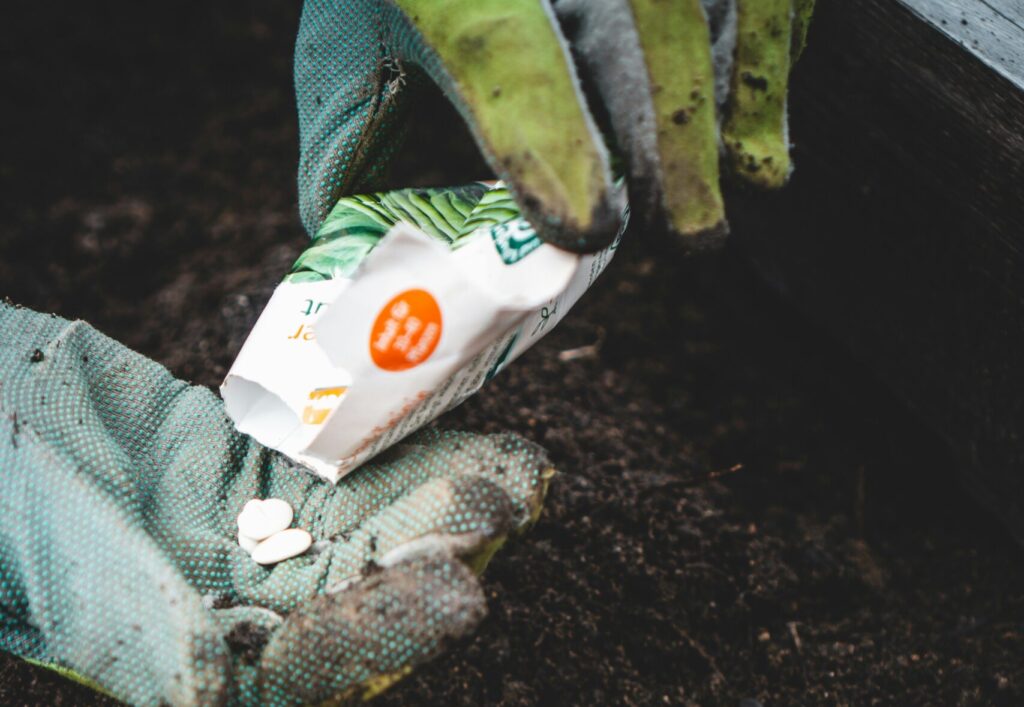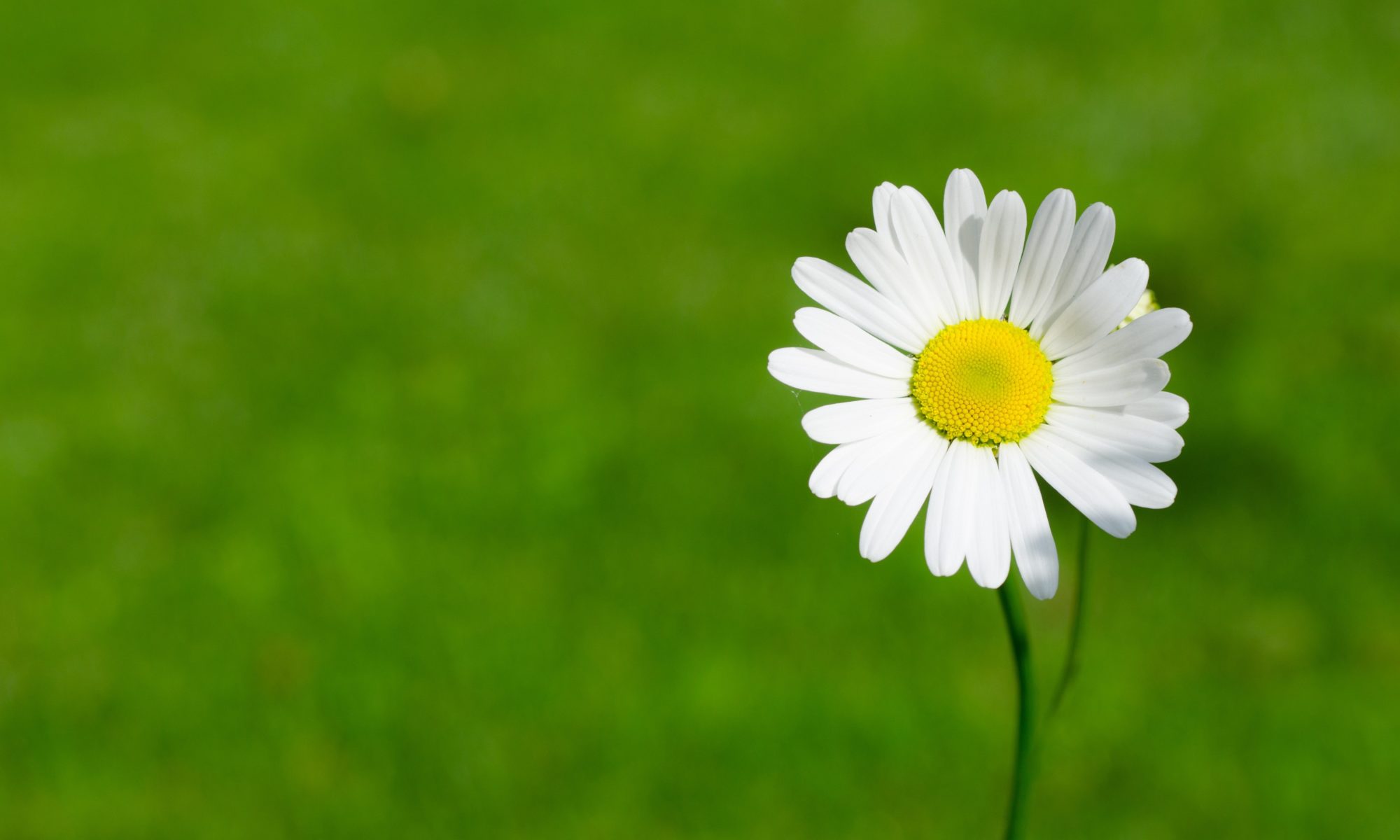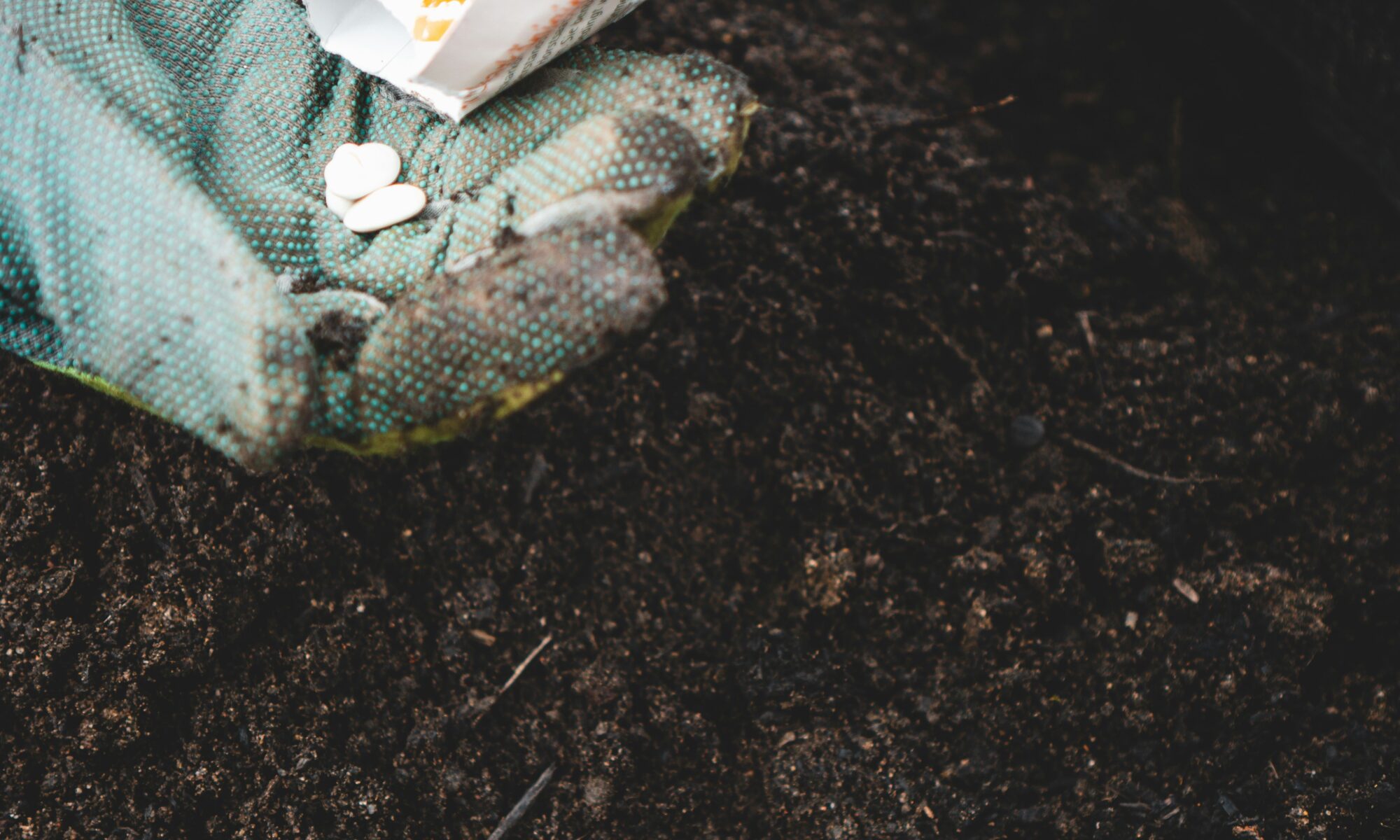Have you ever wondered what to do with all those packets of seed you have in the drawer, or tin, or other special place you keep your seeds? Perhaps, like me, you got over-excited and bought too many packets of tomato seeds? Or picked up a bargain bundle (which included parsnips that you hate and will never grow)? Certainly, a look in my tin will uncover some seedy secrets of what I’ve over-indulged on, inherited, or even collected myself; way more seed than I can ever grow.

But surely, variety is great! Why not have five varieties of runner bean, and ten of sweet pea? Wait! Weren’t we trying to reduce our seed stashes?! There is another solution: Community Seed Swapping. This amazingly simple phenomenon has been taking place in towns and cities across the globe for many decades now. These events are often put together by local gardening organizations, charities, and keen growers, as a way of getting access to a wide variety of seed, without breaking the bank and ending up with more packets than is possible to grow.
Events like those in Brighton & Hove (the first community seed swap in the UK) are now huge event days with tables filled with heritage seeds & plants, natural health and beauty products, a program of speakers, activities for all ages and interests, and of course, tasty food. But at its heart is always the Community Seed Swap, where everyday gardeners can come and share their glut of seeds and pick up interesting alternatives. This is a great place to find seed which local gardeners have saved from plants which have done well during the year in their gardens and allotments, and which could, over time, adapt to the local growing conditions, creating exceedingly robust plants.
This sort of seed saving also means that there are more varieties of seed to choose from, outside the meagre few dozen registered with seed companies. Seed varieties need to be registered to be sold, and this can cost thousands of pounds, so companies stick to the same old seeds. Some varieties are good, but many older (often tastier), heritage varieties are on the verge of extinction. Swapping, rather than buying, gets around the registration loophole and allows every gardener to partake in some seed ‘piracy’. Saving your own seed can be very rewarding, and there are some great guides out there on how to go about it.
Community Seed Swaps don’t need to be a grand affair. River Gardeners Association are offering a space at their next coffee morning on Saturday 22 February, 10am, for anyone to come along to River Village Hall and donate unwanted (but in date and unopened) packets of seed in exchange for something they do want. If you don’t have any seeds to swap, no problem, just give a small donation for each pack you pick up.
Come along and help keep seed varieties alive and thriving in the hands of the people. What a relief to finally get rid of those parsnip seeds!
Information for Editors
Further information on seed saving and how to do it:
https://www.realseeds.co.uk/seedsavinginfo.html
Seedy Sunday history and information
Brighton & Hove Seedy Sunday 2025


